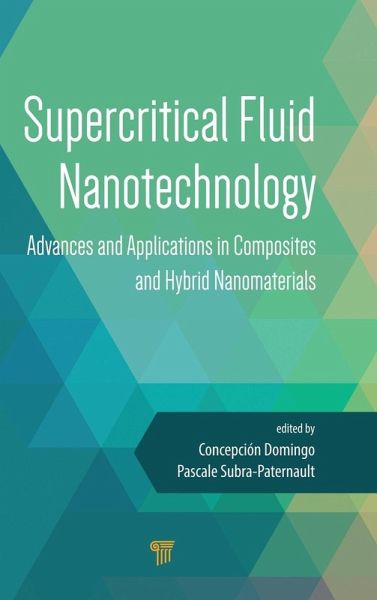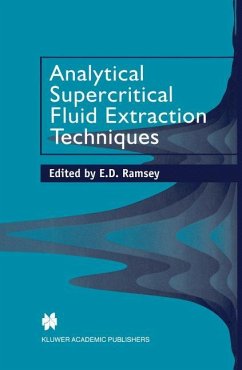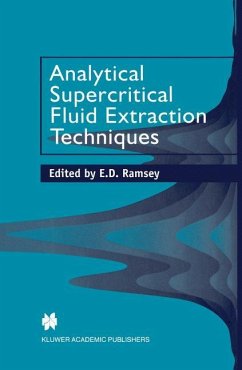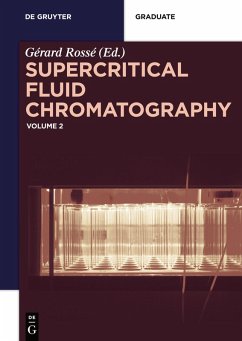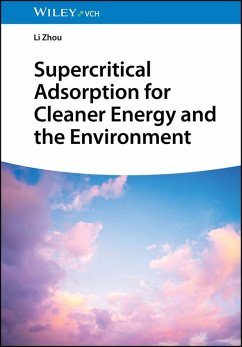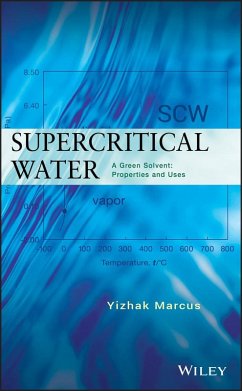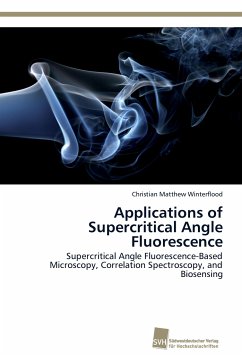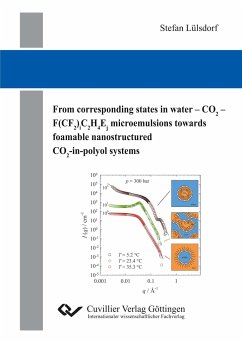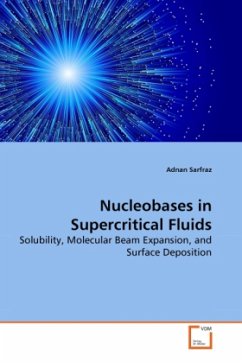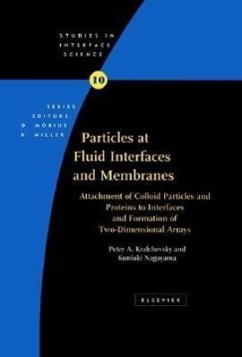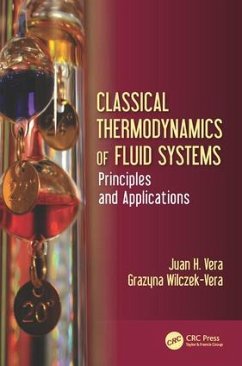Concepción Domingo received her MSc in chemistry at the Barcelona University (Spain) followed, in 1992, by a PhD in materials science. In 1994 she joined the Chemical Engineering Department at the TU-Delft (the Netherlands), starting the research in the area of supercritical fluids. Currently, she is leader of the Supercritical Fluids and Functional Materials group at the Materials Science Institute of Barcelona (CSIC). She has focused her scientific objectives on the synthesis, characterization, and development of micro- and nanoparticulate systems and the preparation of composite materials by using two major groups of processing methods: colloidal solutions and sol-gel routes to supercritical solutions. Dr. Domingo has published more than 100 articles in internationally recognized journals, most of them related to supercritical fluid technology for nanomaterials preparation, encapsulation, and functionalization, applied to biomaterials and high-tech functions. Most of her research is directed to the synthesis and functionalization of porous systems using supercritical CO2 for high-performance applications. Pascal Subra-Paternault is a CNRS senior scientist who has been working with supercritical fluids for more than 25 years in the fields of natural products, crystallization, particles generation, and modification (precipitation, formulation, coating, infiltration, surface grafting). After obtaining a PhD in analytical chemistry in 1989, she pursued her career at LIMHP (Materials and Process Engineering), spent a year at Princeton University, USA (P. Debenedetti's group), moved to Université de Bordeaux in 2006, and joined CBMN Institute in 2011 (processing bio- and pharmaceutical molecules), where she leads a team of 10 members. Her research, supported by European, national, and private funding, is currently focused on extraction, purification, and formulation of bioactive molecules (mostly lipids and polyphenols) and fabrication of cocrystals.
